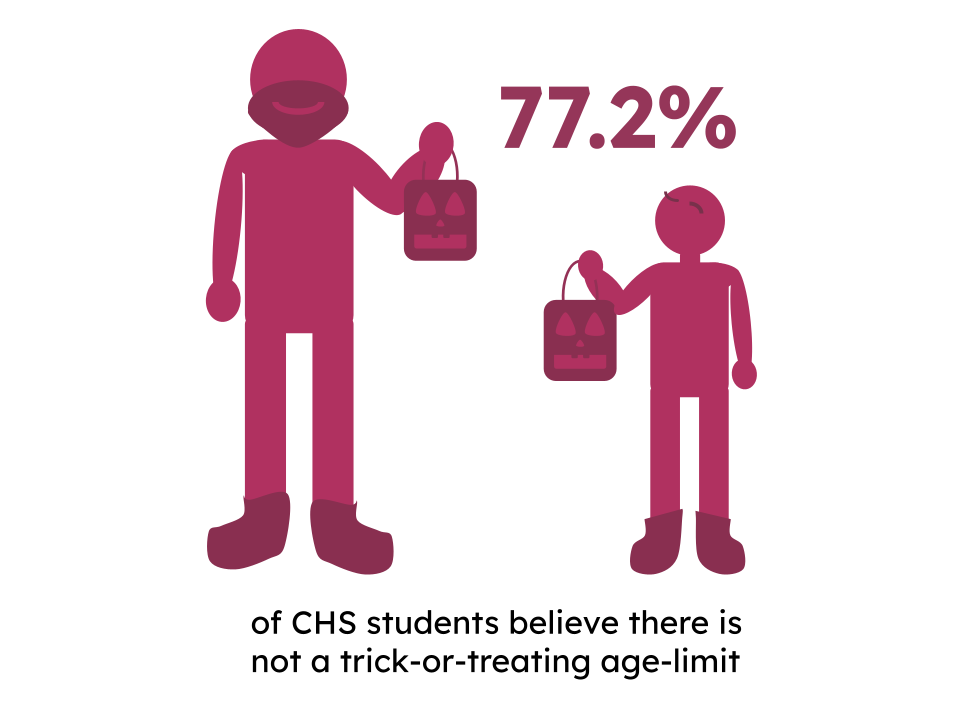By OLIVIA IANNONE
Opinion Editor
As they make their way through childhood, most young Americans will notice a frustrating relationship between the time they want to wake up each morning and the time the school system forces them to. As years pass, their bodies tell them to get up later and later, but they must set their alarm clocks earlier and earlier.
It’s a dilemma that can make the stresses of high school even harder to bear.
The long commute many students here make to school each morning worsens the situation. According to a group of 95 sophomore through senior students surveyed in early September, lack of sleep can cripple everything from mood to class performance.
Start times of elementary, middle and high schools are staggered to allow for less pressure on bus companies: so each bus can take a group of students to multiple schools each morning. High school starts earliest, followed by middle school and finally elementary. The staggering is necessary, but a quick look at the natural needs of different-aged children makes it clear that the order is backwards.
The fact that teenagers need nine or more hours of sleep has practically become common knowledge. Less well-known is the shift in the body clock that occurs during teen years. For reasons that are not yet clear, teenagers are programmed to stay up late at night and sleep late in the morning, sleep researcher Dr. Mary Carskadon told the New York Times.
What this means in practical terms is that as much as CHS students know they should go to bed early in order to get enough sleep, many simply can’t. Their biological programming won’t let them. Coupled with their nine-hour sleep needs and early wake-ups, this leads to an epidemic of chronic fatigue.
Some 72 percent of students surveyed said they wake up between 5:30 and 6:00 a.m., and 92 percent get less than eight hours of sleep, or at least an hour less than they require. Some 55 percent get six hours or less, the survey showed.
“Not having enough sleep impacts every choice I make: I’m always in a sour mood, I tend to eat more and I can’t concentrate in class when I am tired,” said sophomore Anna Robinson of Ocean.
Many students reported similar effects.
And since the teenaged biological clocks and sleep requirements cannot be altered, the obvious solution is to change the school start time.
True, this would cause a school bus crisis, but not if the start times of elementary and high schools were reversed. Unlike teens, young children naturally fall asleep around 8 or 9 p.m., according to Mayo Clinic, and often wake up early on their own.
“If school started later I would be much more awake and I would be able to pay attention in class more,” senior Julianne Feaver of Ocean said.
Feaver’s claim is backed by scientific fact. A text written for the University of Pennsylvania by Dr. Jeffrey Durmer stated that “sleep deprivation studies repeatedly show a variable [negative] impact on mood, cognitive performance and motor function.” These three effects alone could greatly alter school performance.
Changing high school start times – especially here – is an easy alteration, one that could be done almost immediately.
The problem is simple to fix, however it’s been around for years and remains a frustrating roadblock. Dr. Carskadon’s interview with the Times dates all the way back to 2002.
“Not sleeping makes people physically ill, but we already knew that, so why is it still a problem?” said senior Linette Reeman of Middletown.
It’s an excellent question.









